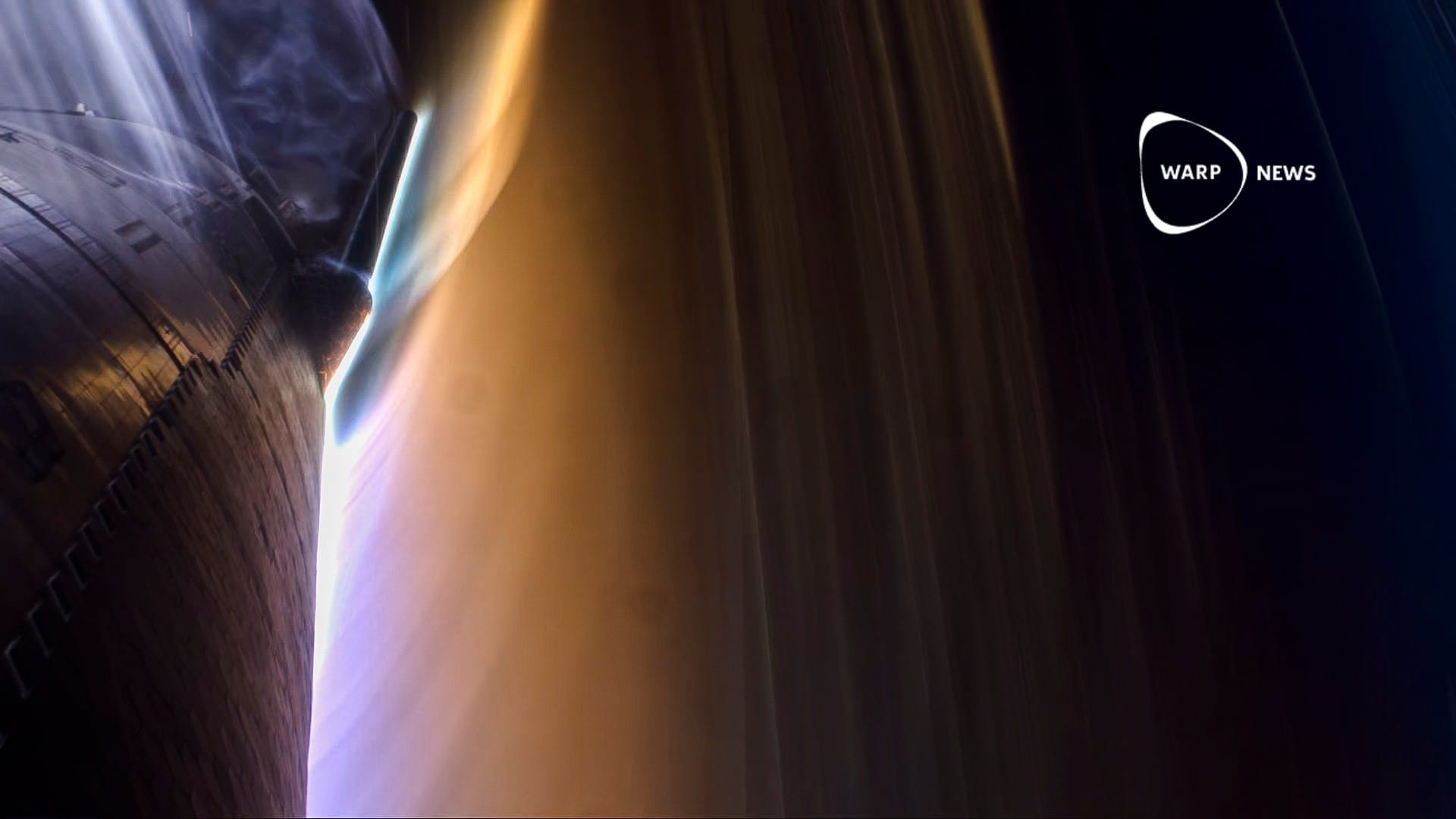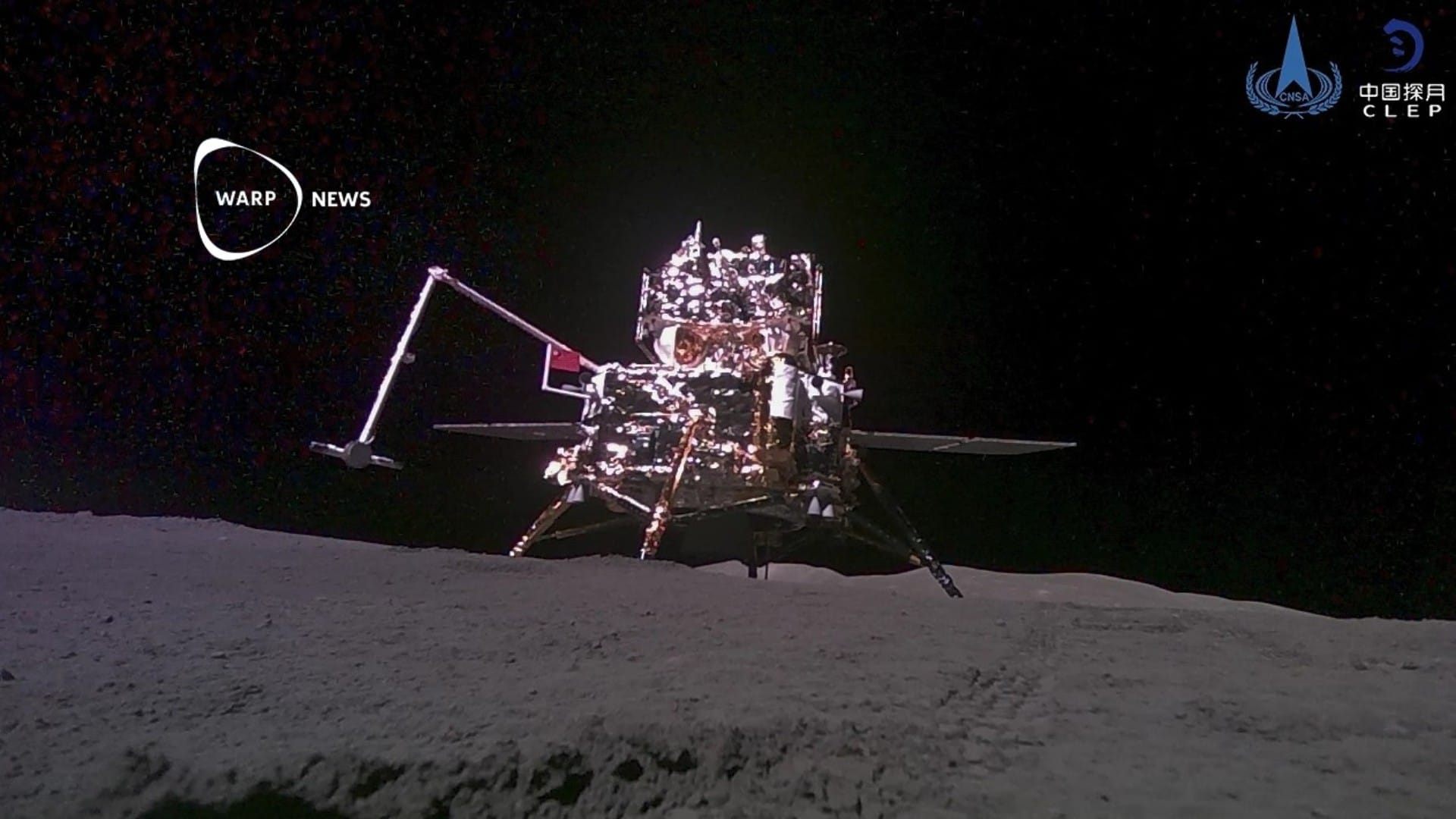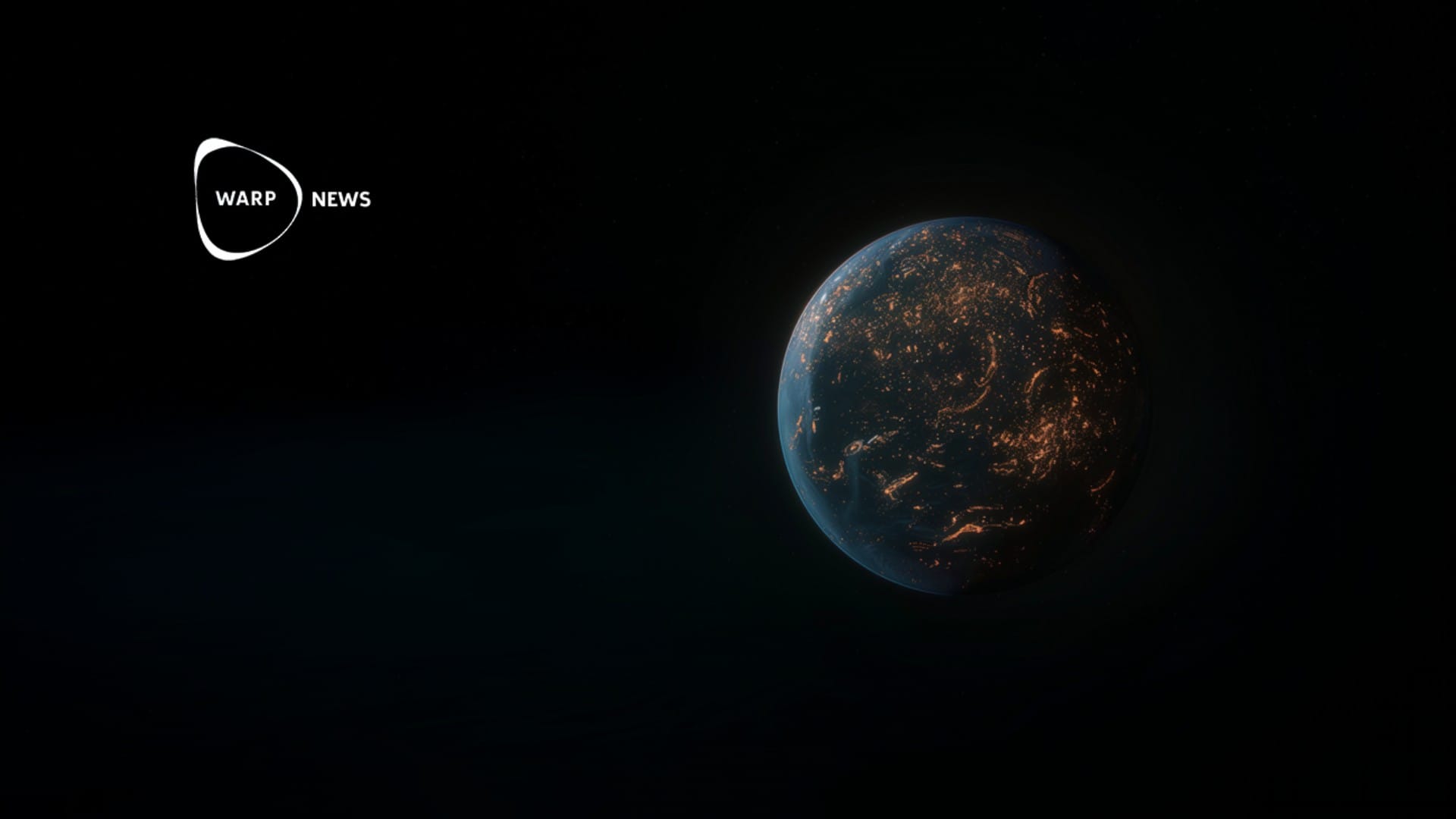
🚀 First crash-free test of Starship
Another successful test flight of Starship, and this time both parts of the rocket safely returned to Earth. Starship is not just a new cool rocket; it has the potential to transform humanity.
Share this story!
Every test flight of the world's most powerful rocket, Starship, has taken a step forward. This was the fourth test and no exception. This time, both parts of the rocket landed in a controlled manner; last time, Starship exploded on the way down.
But it was a close call. After reaching an altitude of 213 kilometers, the return to Earth began. In the intense heat (up to 1400 degrees C) as the rocket traveled through the atmosphere, a flap almost melted, but it held together, and Starship landed as planned.
The heat during reentry produced beautiful, science fiction-like images.

Next flight soon
The next test flight is likely only a couple of months away. Elon Musk plans to test something never done before. He wants to try to catch the rocket with a pair of giant arms.

Starship will transform humanity
This is not just a new cool rocket. Starship is something entirely new that could have a significant impact on our future.
In the long term, Starship will be able to reduce the cost of launching a kilogram into space to a thousandth of what it was about ten years ago, from $10,000 to $10.
This will make space accessible in a completely different way than today. It will no longer be exorbitantly expensive to launch things, enabling space hotels, millions of satellites, gigantic space colonies for millions of people, large settlements on the moon, and, of course, a self-sustaining colony on Mars. This will take decades, or even longer.
But even in the short term, the impact is significant. As soon as Starships are in serial production (likely within a few years), the cost per kilogram to space will be around $200-300. About a tenth of the cost of SpaceX's workhorse Falcon 9, and two to three percent of what the cost was just a few years ago.
Mathias Sundin
The Angry Optimist
By becoming a premium supporter, you help in the creation and sharing of fact-based optimistic news all over the world.


